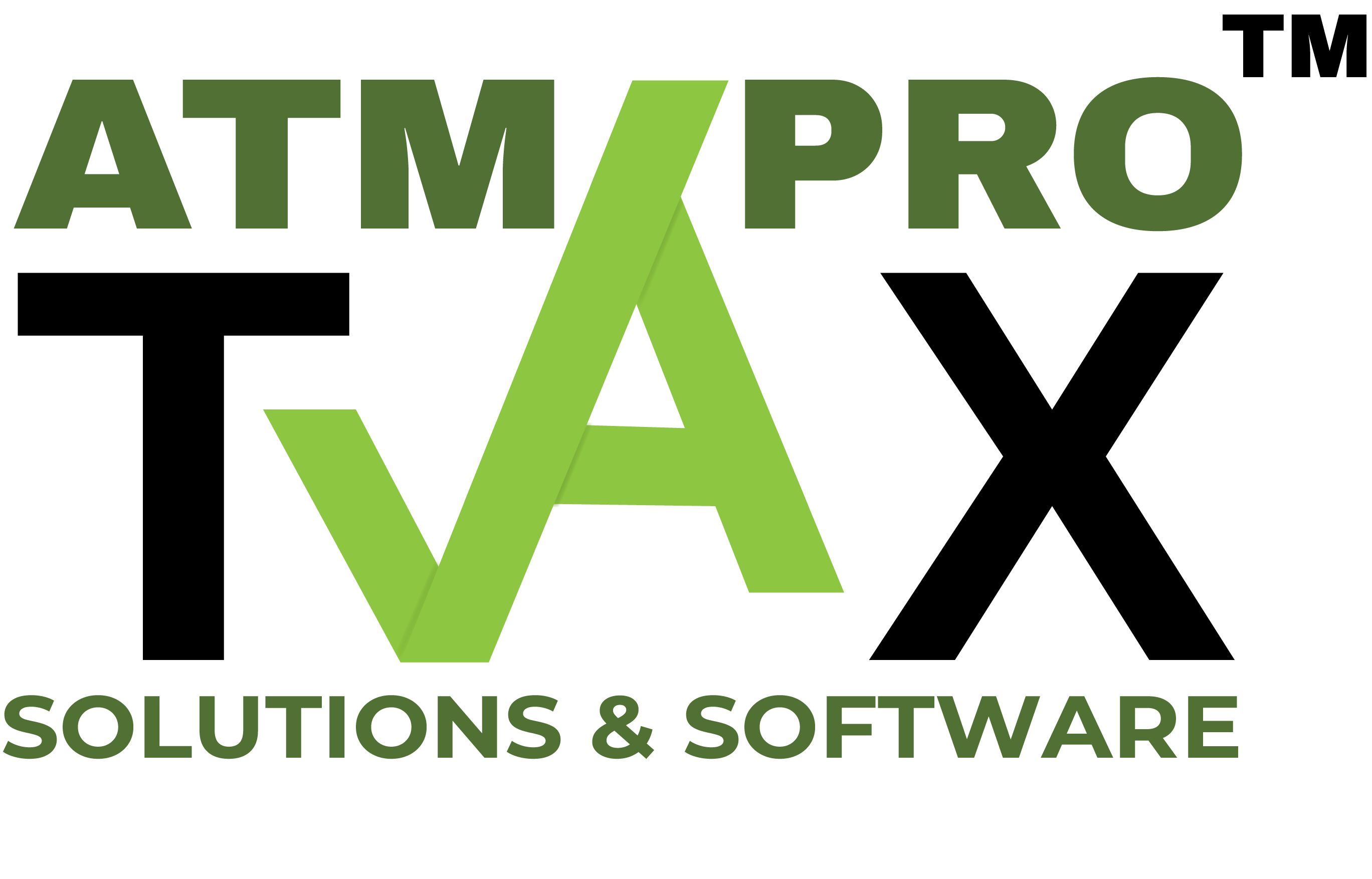Educational Center
- What Is a Dependent Exemption?
- What Does Adjusted Gross Income Mean?
- Income Tax Return Amount Due Meaning
- Business Taxes
- What Is a Commission?
- Direct Deposit Definition
- What Is Direct Tax?
- Earned Income Definition
- What Is the Earned Income Tax Credit?
- Electronic Return Originator Meaning
- What Is a Flat Tax?
- What Is an Injured Spouse Claim?
- What Does IRS Innocent Spouse Relief Mean?
- What Is Property Tax?
- Tax Deficit Meaning
- Electronic Filing
- Employee Taxes
- Excise Tax
- Tax Exempt
- Compulsory Filing of Income Tax Return
- Gross Income Meaning
- What Are Exemptions on Tax Returns
- Test to Become a US Citizen
- What Is Head of Household
- What Is Federal Income Tax?
- What Is an Authorized E-File Provider?
- Who Needs to File a Tax Return?
- Learn All About Financial Records
- What Is An Offer in Compromise and What Does It Mean?
- What Does Non Collectible Status Mean?
- What Is a Federal Tax Lien?
- Benefits Received Principle Definition
- Ability to Pay Definition
- Bonus Definition
Dependent Exemption Definition
Dependent exemption is a type of tax exemption for dependents. It allows you to reduce your taxable income by excluding income for each dependent, which is a child or relative who depends on you to provide for them financially.
So what is a dependent exemption typical amount? This total changes from year to year, but as of 2019, taxpayers could exclude $4,200 from their income per dependent.
So Are Exemptions and Dependents the Same Thing?
Though the terms are related, exemptions and dependents are not the same things. The dependent exemption definition refers to the amount you can take away from your taxable income, while the dependent is the child or relative who depends on you financially. The IRS allows you to take an exemption for every dependent in your family.
What Qualifies Someone as a Dependent?
There are certain dependency exemption requirements the person filing the taxes must meet. A dependent is determined based on qualifying factors, such as:
● The dependent must be a U.S. citizen, national, or resident, or a resident of Canada or Mexico
● A dependent can only be claimed by one person
● The dependent cannot be filing their own joint tax return
You must list their social security number in order to claim the dependent and be eligible for the exemption.
What Are the Advantages of Claiming a Dependent?
There are many reasons one might want to claim someone as a dependent—most importantly, because doing so can significantly reduce how much you owe the IRS. Here are some of the specific financial advantages of claiming a dependent, including credits and deductions:
- Exclude $4,200 per dependent from your taxable income
- Earn a child tax credit
- Possibility of getting an additional earned income tax credit (EITC)
- Earn dependent care credit
Wondering if you’re eligible for a dependency exemption? Contact ATM Tax Pro to find out. We’ve helped countless people pay their taxes and save money using our expertise. Get in touch now for help with your taxes.
